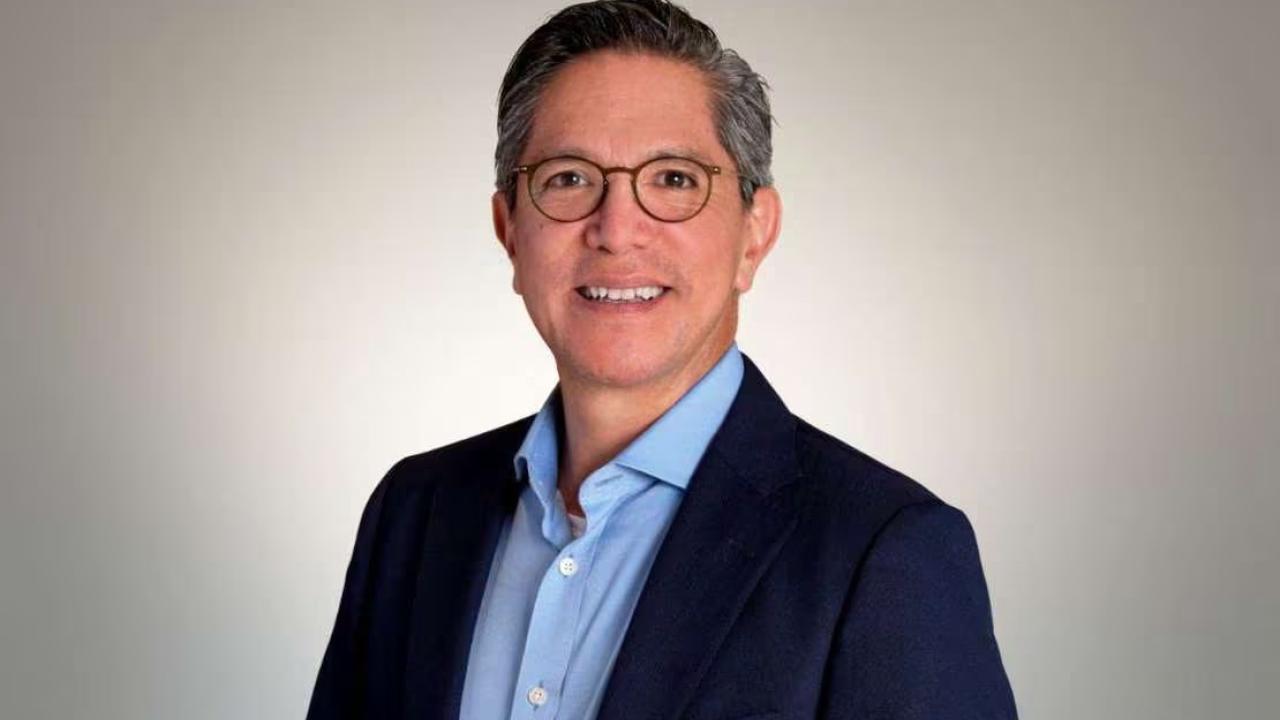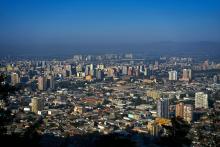
Santiago Chamorro, regional president of General Motors, explained the reasons why they will stop manufacturing and assembling vehicles in the coffee-growing country. He also gave clarity about the future of Chevrolet parts and dealerships in Colombia.
Chevrolet has more than 100 years of history in the Colombian market. During all this time it has been present in several generations of homes in the coffee-growing country, being one of the most remembered (and loved) brands when it comes to vehicles.
Its presence in the business DNA has been hard earned, since General Motors (manufacturer of this brand) allocated resources for nearly 70 years so that part of its automobiles were manufactured and assembled in Colombia (at the Colmotores plant), making Chevrolet a kind of national pride, since the hands of more than 500 Colombians were always present in its production processes.
However, the macroeconomic panorama (not only in Colombia, but in the entire world) has led the automotive industry to go through a kind of winter in which sales and production have plummeted; which led, in turn, to the manufacturing of Chevrolet cars in the country ceasing to be a business, which is why General Motors announced, a few days ago, the closure of these operations in Colombia.
In an interview with Blu , the president of General Motors in South America, Santiago Chamorro, explained that everything possible was done to ensure that Chevrolet vehicles continued to be manufactured in Colombia. A few months ago, for example, the company invested about US$50 million in the hope that the industry could experience a revival, betting its cards on the Chevrolet Joy.
“We wanted to try it, because we have an industrial vocation. We had an important expectation in the number of volumes of the Chevrolet Joy. Of the 40,000 units that it should be producing and selling, we only reached 11,000. And not only because the industry in the domestic market is falling because, in terms of exports, we went from an industry of 300,000 units to one of 185,000," he said.
It is not sustainable, explains this business president. for Colmotores to continue working at 9% of its total capacity. It is more efficient to rely on the most important plants that the company has abroad and direct Colombia to become an importing country.
Chamorro was emphatic in saying that the closure of General Motors manufacturing in the coffee-growing country responds to the policies or influence of even Gustavo Petro's government (as many have ventured to diagnose on social networks).
He insists that this is a macroeconomic phenomenon (especially driven by inflation and high interest rates that lead many not to go into debt to buy a car), and part of what this demonstrates is that in Ecuador the manufacturer also closed its operations. .
In short, if the manufacturing and assembly of these vehicles leaves Colombia, it is because it is more efficient, due to the conditions that exist in other countries.
WHAT WILL HAPPEN TO CHEVROLET IN COLOMBIA?
As General Motors has reported, the brand will continue in the country. 100% of the vehicles will be marketed through dealers (which also continue). In short, Chevrolet's presence in Colombia will be dedicated exclusively to promotion, sales and user service.
The same will happen with spare parts. Chamorro gave some reassurance in this matter by saying that Chevrolet customers in Colombia will continue to have all the technical and parts support that the company has to offer, just as it has done until now.
The vehicle assembly and manufacturing plant (which is located in the south of Bogotá and has an area of 28 hectares) will be gradually dismantled, recycling what is possible and scrapping what remains.
The free zone that also operated in Colmotores will also be dismantled. Once all these processes have been completed, says Chamorro, the property will be put up for sale, so the future of this sector of the capital remains uncertain.
With the 550 employees who have been affected by this news, Chamorro adds, they are seeking to reach agreements where they are being offered contract termination conditions that are better than those required by law (the majority have already accepted them and have signed).
They are also being accompanied with a labor transition process, where they are given tools to get a new job, or capital and instruments so they can start their own business.










